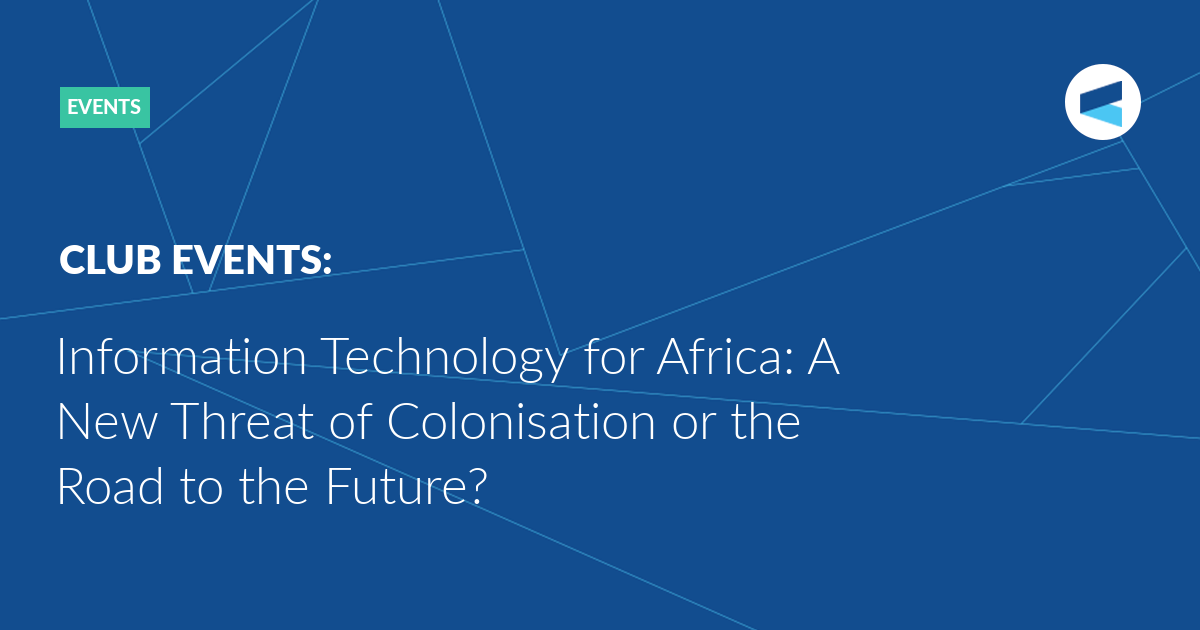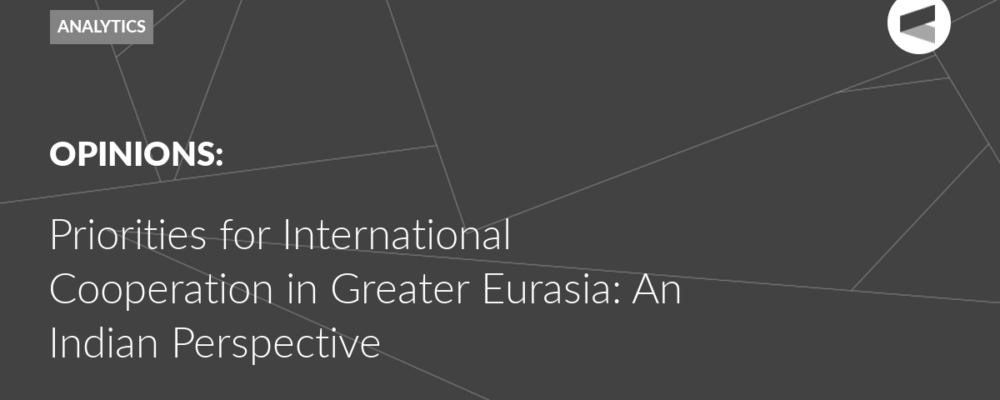On May 22, 2024, the Valdai Club hosted an expert discussion, titled “Advanced Information Technologies as a Driver of Socio-Economic Development for African Countries.” Oleg Barabanov, the moderator of the discussion, called the formation of a new economy based on knowledge one of the key priorities of modern development, adding that it was especially important for developing countries. Many African states have achieved significant success in this area, but a number of problems remain, particularly those related to inequality between the developed and developing world. He invited the participants to discuss problems in this area and their possible solutions.
Konstantin Pantserev, a professor at St. Petersburg State University, outlined the general framework of the situation. He noted that after gaining independence, African countries faced the problem of integrating into the system of international relations. At first, they tried to achieve equality with their former metropolises through industrialisation. However, this required resources, personnel and financing. As a result, the proclaimed principle of self-reliance, in a number of cases, yielded to dependence on external assistance for development needs. In information technology, many countries saw a way out of this impasse and a chance for sustainable socio-economic growth. They managed to achieve noticeable success in this area; Africa’s ‘mobile revolution’ can be considered an example of this. However, one problem remains: the lack of funds for the implementation of ambitious projects. African states attract funds from private investors, but in most cases only Western IT giants are willing to invest, providing not only financing, but also technology. This creates a dependency that has not yet been overcome.
Adu Yao Nicaise, Associate Professor at Department of International Law at Patrice Lumumba People’s Friendship University of Russia, devoted his speech to the legal side of the matter. African states pay a lot of attention to issues of legal regulation in the field of information technology and artificial intelligence. However, the servers are still located in foreign countries, outside their jurisdiction. This gives rise to many collisions and conflicts.
Claire Ayuma Amuhaya, Senior Lecturer at the Department of Theory and History of International Relations at Patrice Lumumba People’s Friendship University of Russia, emphasised that even African countries’ own innovations, which serve as a reason for justified pride, usually rely on foreign technology. She also noted with regret the clearly insufficient level of spending on research and development in Africa – much lower than average in the world, calling for a focus on this area.
Olusesan Michael Awoleye, Ph.D., a Senior Research Fellow at the African Institute for Science Policy, and Innovation at Obafemi Awolowo University, provided a vision from Nigeria. He associated a certain lag in development with colonisation, also recognising that Nigeria remains a user of technology rather than a producer. In addition, problems with the energy supply and infrastructure continue to be continent-wide. However, Africa is a market that has enormous potential and offers great opportunities for investors. Development is moving forward and Nigeria now has a number of promising startups, connectivity issues are being resolved, and the digital transformation continues. Awoleye pointed to the need to strengthen regional and global cooperation in this context.
“Europe has dominated people’s consciousness for centuries. How can we start thinking differently today?” – asked Ibrahim Diagne, Director of Ydna Vita Ltd and member of the Board of the Wagadu Action Alliance for Sharing Knowledge and Culture in Senegal. He pointed out that we noticeably underestimate the achievements, developments and prospects of non-Western countries, particularly African ones. Africa needs to learn from Western experience and rely on them in developing its own solutions, he believes.
Artwell Nhemachena, Research Fellow at the University of South Africa and Senior Lecturer at the University of Namibia, called it a problem that both technology and scientific knowledge come to Africa from outside. “The root of the problem is that we are not inventing anything,” he said. “We talk about innovation, but innovation is different from invention. And this may explain why we are so dependent on the West.” The first problem leads to the second – the risk of colonisation. “Just as we were colonised before under the pretext of civilization, so now we are colonised under the pretext of efficiency,” the researcher is convinced. – Technologies are inextricably linked with politics, economics, and culture. Every technology carries a culture. We talk a lot about using technology, but we don’t talk about how technology uses us.”
Macharia Munene,
Professor of History and International Relations at the United States International University in Nairobi, Kenya, emphasised the importance of critical thinking. Development is determined not only by the presence of technologically competent personnel, but also by a friendly environment created by political measures. It was with the latter – the development and implementation of competent policies – that serious difficulties arose in Africa due to the colonial experience. Colonialism purposefully weaned people from independent and critical thinking, weaned them from thinking and asking questions. The same trends lead to underdevelopment and a lack of research.
The Valdai Discussion Club was established in 2004. It is named after Lake Valdai, which is located close to Veliky Novgorod, where the Club’s first meeting took place.
Please visit the firm link to site






